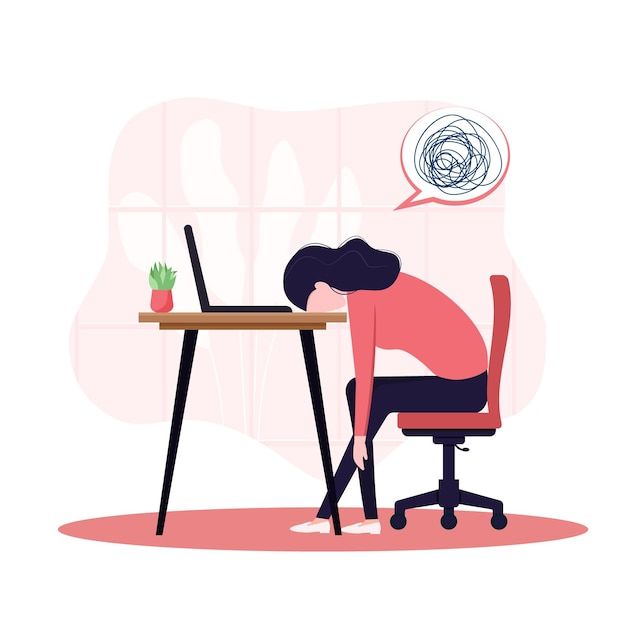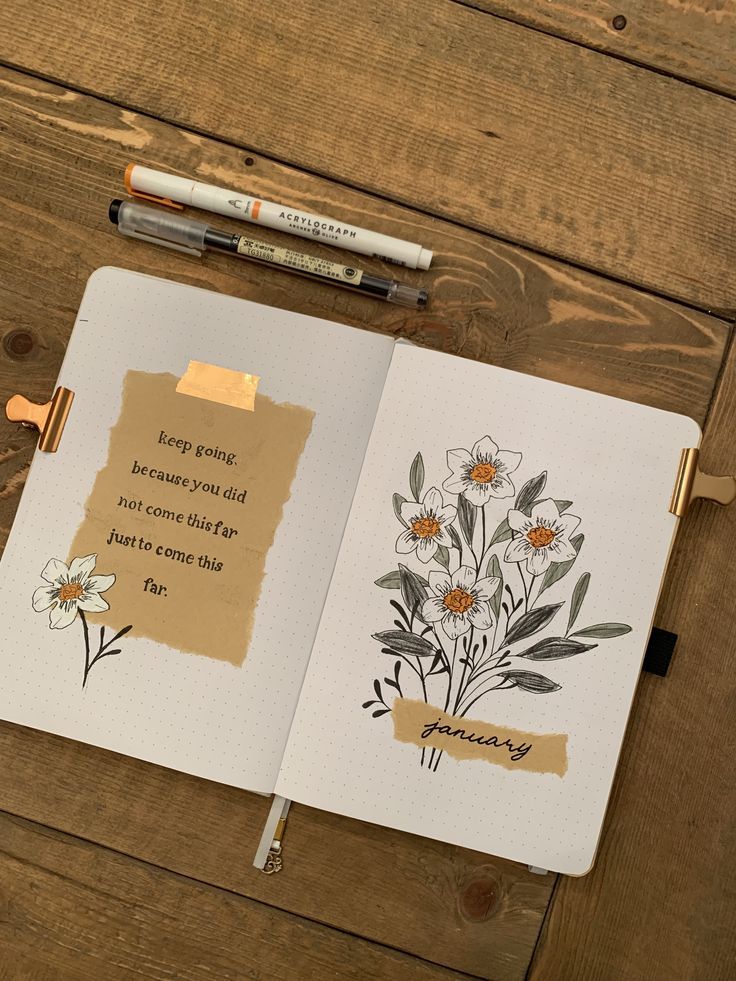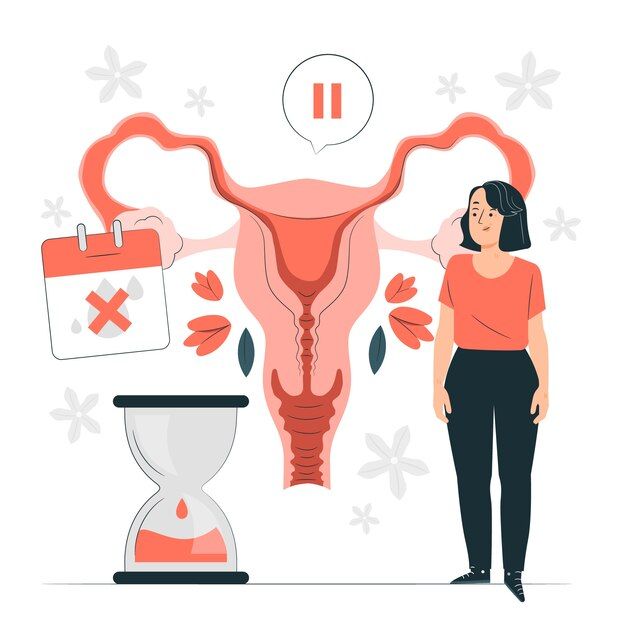The Real Difference Between Reflection and Overthinking
If you’ve ever caught yourself replaying a conversation while brushing your teeth or lying awake at night second-guessing a decision, you know how easy it is for the mind to get stuck in a loop. But not all this mental activity is equal—sometimes it helps us grow, and sometimes it holds us back. Let’s talk honestly about the line between healthy reflection and the trap of overthinking.
1. What Is Reflection, Really?
Reflection is that quiet moment when you pause after an experience—good or bad—and let yourself take it in. It’s not about beating yourself up or picking apart every detail. Instead, you might look back and think, Did I handle that the way I wanted? What can I take away from this?Reflection is about learning and moving forward, not judging yourself for missteps. It’s usually gentle, self-compassionate, and helps you see things more clearly.
Key signs of true reflection:
- You ask open-ended questions (What did I learn? How do I feel now?)
- You find lessons or new perspectives, not just mistakes
- You feel lighter or more focused afterward
2. What Does Overthinking Feel Like?
Overthinking feels heavier. You’re not just processing; you’re spiraling. You might replay a single moment endlessly, inventing scenarios that probably won’t happen, or worry about all the “what ifs” you can’t control. Instead of gaining insight, you get stuck. It’s like your thoughts are running on a treadmill—lots of energy spent, but you’re not getting anywhere.
Common signs of overthinking:
- You find it hard to let an idea go, even if it’s making you anxious
- You dwell on past mistakes or future worries without finding solutions
- You feel tense, restless, or emotionally drained
3. Why Knowing the Difference Matters
The urge to think things through is healthy—but if you realize you’re circling the same thought without any new insight, you’re probably overthinking. The danger is that overthinking keeps you stuck, robbing you of sleep, peace, and energy. Honest reflection, on the other hand, helps you accept what’s happened and focus on what’s possible.
4. How to Shift from Overthinking to Reflection
If you notice yourself spinning your wheels, try these ideas:
- Bring your thoughts to paper. Sometimes writing them out helps turn swirling worries into something you can actually see and work through.
- Set a time limit. Give yourself ten minutes to think it through, then do something physical to break the loop.
- Ask different questions. Trade “What if I fail?” or “Why me?” for “What can I learn?” or “What can I do next?”
- Talk it out. Sometimes sharing your thoughts with a trusted friend lets you spot the overthinking pattern and snap out of it.
5. A Final Thought
At its heart, reflection is about kindness to yourself—about making space for learning and moving forward, not just reliving everything that’s ever gone wrong. Overthinking wants to keep you safe, but it ends up keeping you stuck. Being honest with yourself about which one you’re doing can make all the difference for your peace of mind.







